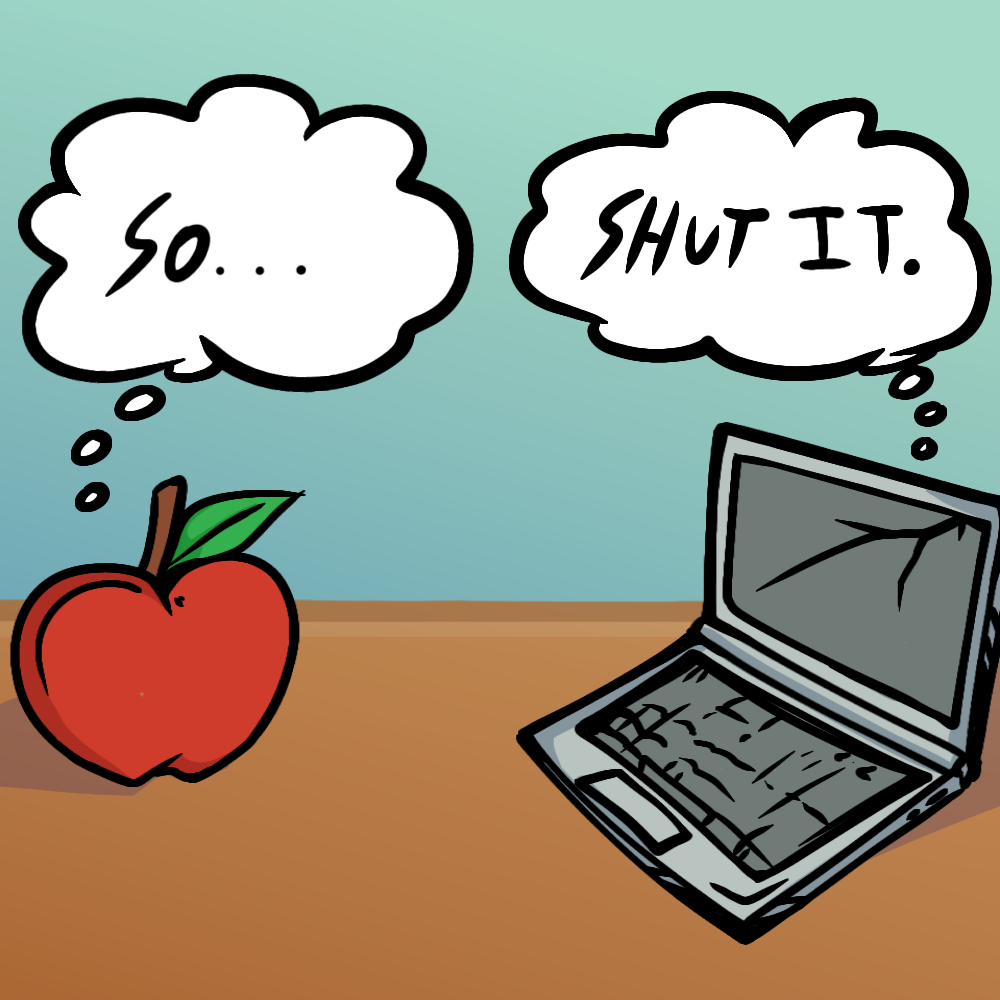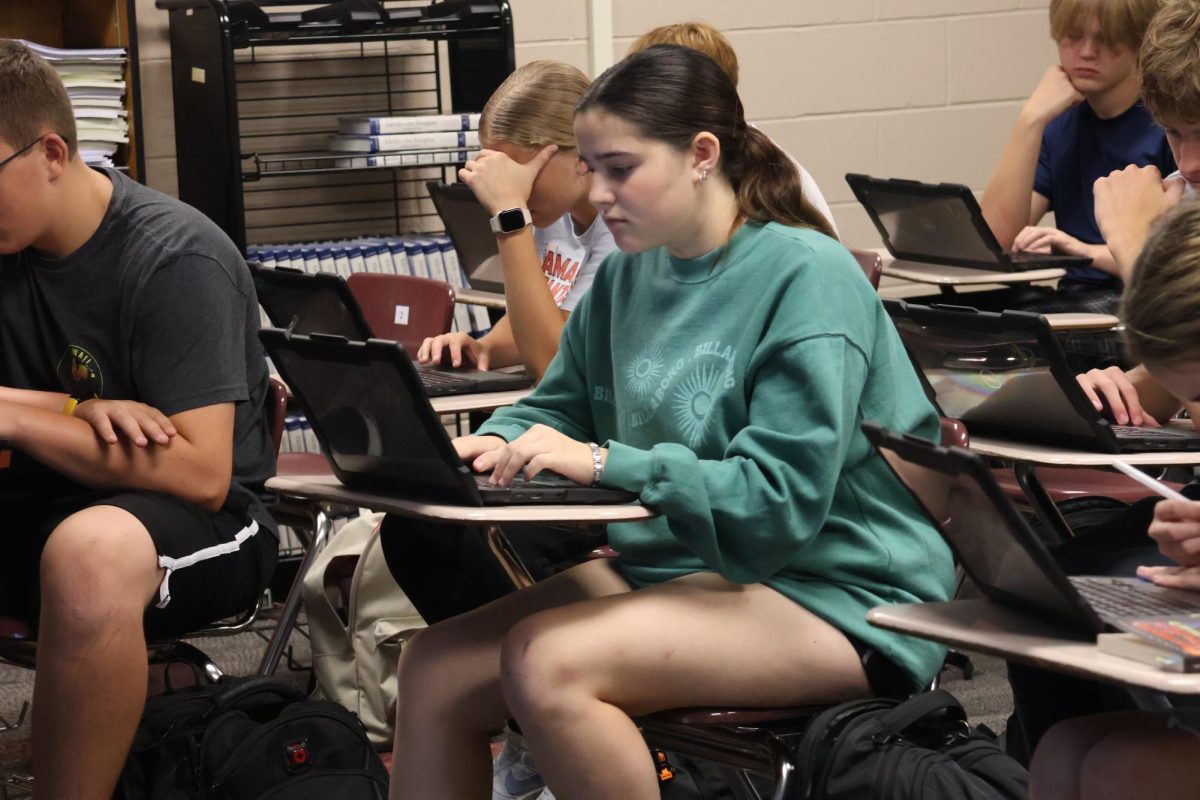Reading a history book bright and early in the morning at school, with long and dull paragraphs does not sound too exciting. Until, while the teacher is reading aloud to the class you easily recognize what they are reading aloud is your cultures traditions and the thought of, “Hey, my family does that!” goes through your head. That is the excitement I have been filled with during history class when Mexican history is being taught.
While multiple cultures are lightly represented in today’s history textbooks, it continues to lack being exemplified in modern day schooling. In particular, Black history continues to be underrepresented and not taught to students.
Black History Month is a special time to reflect on the achievements and contributions of Black leaders. By students being taught Black history, the hope increases for students gaining a deeper understanding of Black history, but as well as the encouragement to advocate against the discrimination Black individuals faced and continue to face everyday.
Encouraging equality in the classroom is vital. As we’ve seen, political change and calling out toxic racist behavior has begun to become normalized in society. For example, we have seen the active want for change from people over many platforms expressing why slurs or microaggressions etc. negatively affect minority groups in society. For people of society to truly understand the impact of discriminative behaviors we need to start from the beginning. Starting with the education system and writing Black History into history textbooks is a step closer to having educated and aware members of society.
Not only is Black History important, but so are the elements of Black Culture. Being taught the beauty of Black Culture will hopefully only increase the respect and importance people have towards it. Exploring Black humanity, experiences, and traditions open a door to connecting with Black History on a deeper level.
Individuals against the idea of Black History being taught in schools may argue that it is not relevant to our history serving no purpose in the classroom. That claim can be debunked immediately considering the Civil Rights Movement is very prominent in U.S. History. Students who study these historical events and hopefully more, will get to evaluate the legacy of important Black individuals.
Black History being taught in schools is a key factor for students receiving a real and inclusive education. The need to overcome stereotypes and biases is heightened in today’s world. Not only will students be exposed to a more complete view of history but Black students can see a reflection of themselves in history books, helping define their cultural identity.







